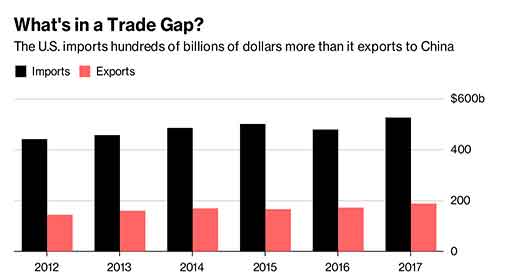 Washington: The US investigation agency has issued a serious warning saying that ATMs all over the world might face a huge cyber-attack in the next few days and US dollars worth millions will be stolen. The “Federal Bureau of Investigation” has published an alert in which it has warned that cyber-criminals from all over the world would be using “malware” to steal huge sums of money from ATMs, with the help of the “cash out scheme”. Earlier in 2016, thousands of ATMs in Europe had been targeted and billions of Euros had been purloined.
Washington: The US investigation agency has issued a serious warning saying that ATMs all over the world might face a huge cyber-attack in the next few days and US dollars worth millions will be stolen. The “Federal Bureau of Investigation” has published an alert in which it has warned that cyber-criminals from all over the world would be using “malware” to steal huge sums of money from ATMs, with the help of the “cash out scheme”. Earlier in 2016, thousands of ATMs in Europe had been targeted and billions of Euros had been purloined.
 ‘The US investigation agency has received information about a huge plot about to be hatched by cyber-criminals. These criminals would be looting huge amounts of funds from ATMs all over the world. There is a possibility that this heist would be conducted by tweaking the functioning of the ATM-card system. Huge amounts of funds could be stolen within a particular and pre-planned window of time’, mentions the warning issued by the FBI.
‘The US investigation agency has received information about a huge plot about to be hatched by cyber-criminals. These criminals would be looting huge amounts of funds from ATMs all over the world. There is a possibility that this heist would be conducted by tweaking the functioning of the ATM-card system. Huge amounts of funds could be stolen within a particular and pre-planned window of time’, mentions the warning issued by the FBI.
The alert also warns that small and medium level financial institutions could be targeted in this heist, and adds that banks from the UK are at maximum risk.
 In 2016, a cyber-attack on the Tesco Bank of the UK had caused a loss of a whopping 2,500,000 pounds. Following this, there were similar cyber-attacks on ATM machines of two banks in Thailand and Taiwan in East Asia. An amount of approximately $3 million had been pilfered in these attacks. A Russian group had also published information regarding ATMs being targeted in major countries like the UK, the Netherlands, Spain and Poland.
In 2016, a cyber-attack on the Tesco Bank of the UK had caused a loss of a whopping 2,500,000 pounds. Following this, there were similar cyber-attacks on ATM machines of two banks in Thailand and Taiwan in East Asia. An amount of approximately $3 million had been pilfered in these attacks. A Russian group had also published information regarding ATMs being targeted in major countries like the UK, the Netherlands, Spain and Poland.
So far, the cyber-attacks on the banking sector included methods like ‘stealing the ATM PIN to withdraw money’, ‘diversion of wire transfer’, ‘stealing amounts online from the banking network’, etc. However, cyber-attacks on ATM machines is a new form of attacks in the cyber-field and its increasing intensity and pervasiveness has also been warned against.












